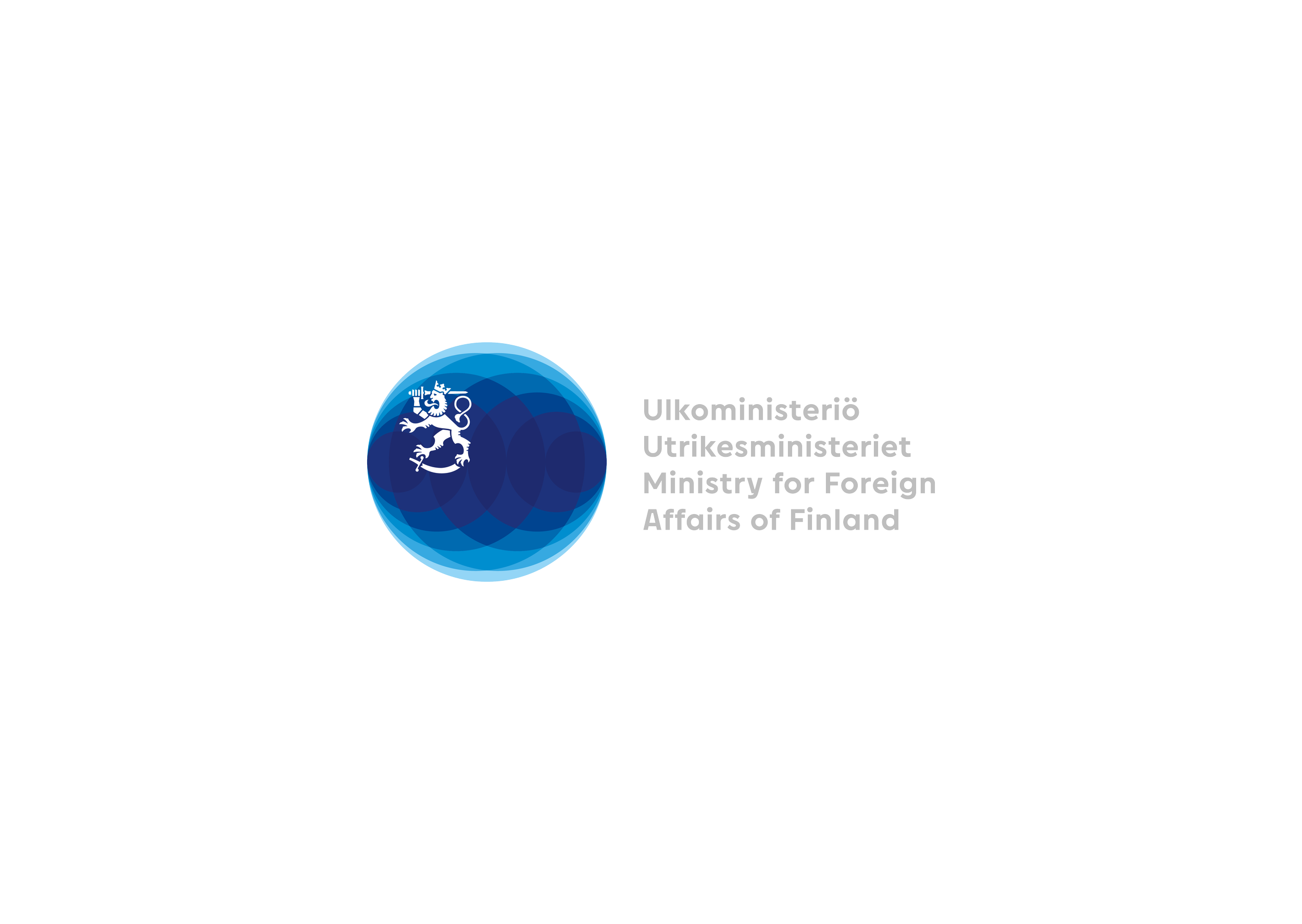Climate resilience and sustainable livelihoods
Uganda
January 2023 – December 2026
The project focuses on climate resilient agricultural and forestry/agro-forestry practices with the smallholder farmers of Zombo and Nebbi districts in Uganda and will be completed in collaboration with Trias Uganda. The goal is to improve the livelihood resilience of farmers by implementing activities on production and income diversification via specified practices given the climate variability and change in the region and its impact on livelihoods. It is accepted that extreme weather events have been increasing and have been more severe in recent years. It is estimated that the risks are likely to increase in large parts of Uganda. In the West Nile region, the most evident impacts of climate change are drought and erratic rain patterns leading to soil erosion, reduced soil fertility and reduced crop yield for important crops, such as potatoes.
The resilience actions implemented in the project are climate-smart agricultural and forestry practices as selected by the farmers after an evidence-based process using the Building Resilience -tool. Under climate smart agricultural practices, attention will be given to potato farming, the most important crop locally for food security and income. The project will support the farmers to understand the risks and vulnerabilities to climate change in the farming system and work on adjustments, in view of increasing resilience and production. On forestry, the project will promote agro-forestry and woodlot cultivation for more resilience and income diversification.
The project involves two farmers’ organisations who will play mutually reinforcing roles. Zodfa will be responsible for extension and education for the farmers to determine local solutions to build local resilience, promote entrepreneurism, improve production and create access to better markets. Nyaravur will be responsible for financial services to support farmers to invest in farm resilience and development and roll out of financing solutions for green enterprises.
The direct beneficiaries are 8900 (57% women, 36% youth, 0.3% people with disablities) smallholder farmers, who are ZODFA members, largely growing potatoes who currently have limited resilience to seasonal shocks and stresses.
Additionally, the project will enhance the institutional capacity of the farmers’ organisations to become agents of change, to lobby and advocate for an enabling environment to build resilience.
The project uses a twinning approach. Twinning is a unique approach by FFD to utilize Finnish expertise in a peer-to-peer support model to guide the partner organizations in their technical development needs. This project relies on support, especially on agroecology, organic farming, and resilient farming systems, from LUKE and ProAgria. The twinning partners will have advisory roles and will also complete advisory service missions to Uganda to support the implementing partners during the project.
Twinning partners: LUKE and ProAgria Etelä-Pohjanmaa
Project Funded by: Ministry for Foreign Affairs and FFD












